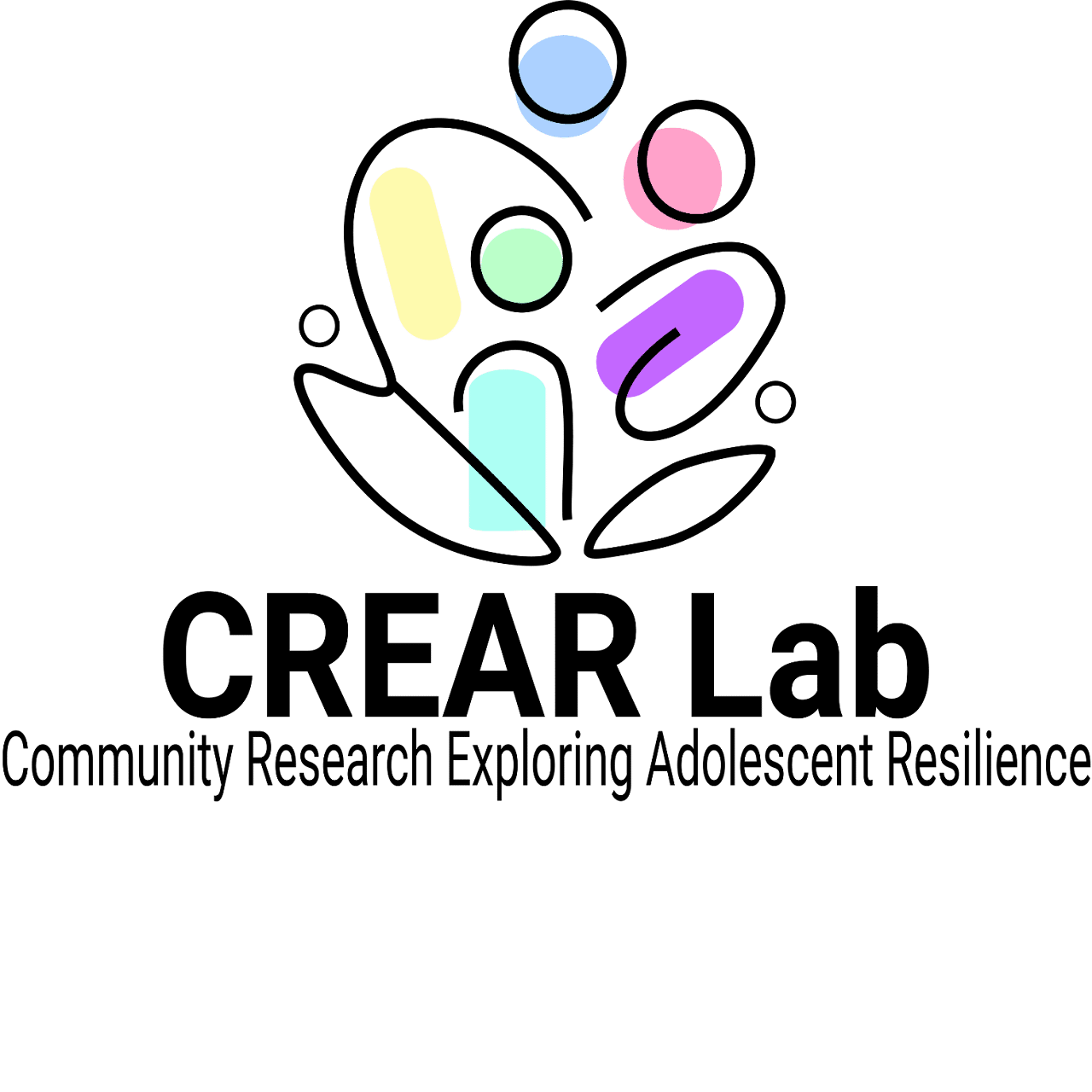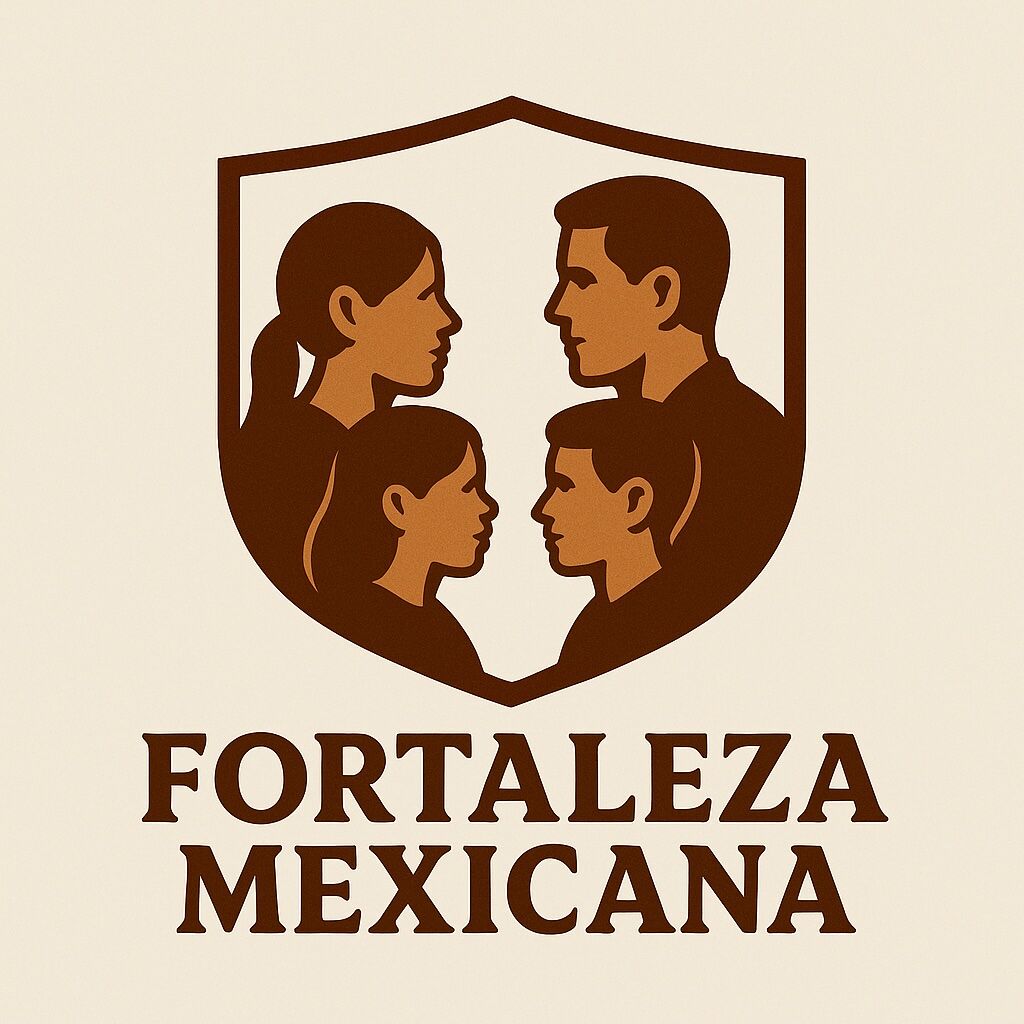
Fortaleza Mexicana
Mexico is the second most populated country in Latin America with over 12.7 million rural indigenous people (World Population Review, 2019), however, there is a dearth of research examining Mexican rural families. This mixed methods study, Fortaleza Mexicana (Mexican Resilience) Study explored Mexican families' experiences with violence. Specifically, this research project focused on 200 parent-adolescent dyads residing in a low-income, rural neighborhood in Mexico and included 200 parent-adolescent surveys and 32 individual semi-structured interviews.

Fortaleza Mexicana Publications
Medrano, A. S., Davila, S. A., Labrousse, D., Adame Montelongo, E. S., & Williams, E.-D. G. (2025). Disentangling machismo and caballerismo: Mental health help-seeking in rural Mexico. Journal of Rural Mental Health. Advance online publication. https://doi.org/10.1037/rmh0000291
Davila, S. A., Martinez, A., & Medrano, A. S. (2025). Navigating familial and economic stressors: Examining resilience and cohesion as protective factors for rural Mexican adolescents. Cultural Diversity & Ethnic Minority Psychology. https://doi.org/10.1037/cdp0000754
Mora, A. S., Gutiérrez, L. M., & Ceballo, R. (2024). The role of parent-adolescent communication among youth exposed to neighborhood violence in rural Mexico. Families in Society, 1–18. https://doi.org/10.1177/10443894231222942